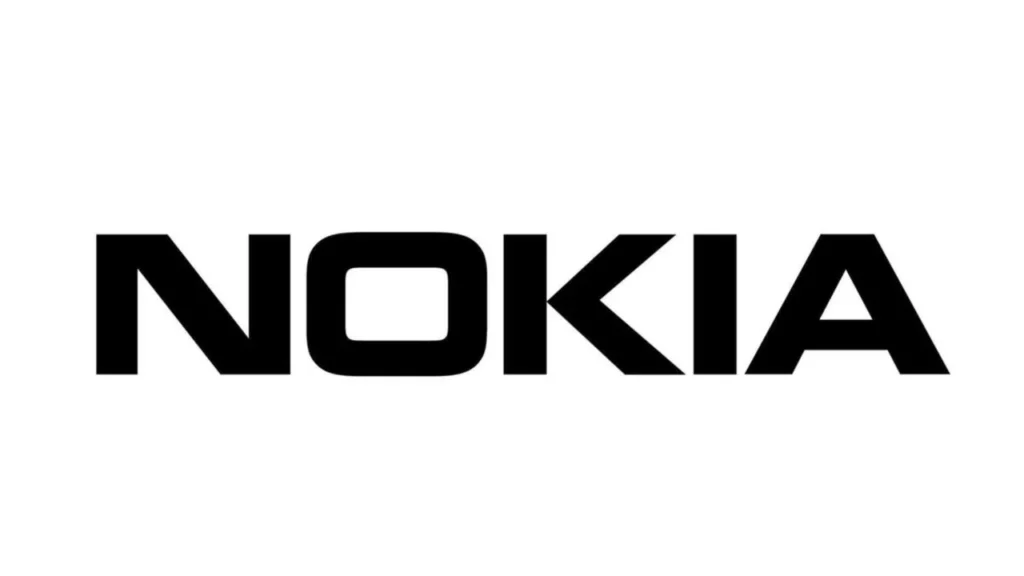For years, Nokia dominated the global mobile phone industry. Its devices became cultural icons—affordable, durable, and widely used across the world. But as the smartphone revolution reshaped the market, Nokia’s dominance slipped, pushing the company to abandon its traditional phone business and pursue a very different path.
Today, Nokia AI is undergoing one of the most significant transformations in its corporate history, shifting from a consumer device manufacturer into a critical player in telecommunications and artificial intelligence.
The End of an Era: Nokia AI Steps Away From Phone Manufacturing
In the 1990s and early 2000s, Nokia earned the reputation of being the “king of mobile phones.” However, rapid smartphone innovation created fierce competition that Nokia struggled to match. This ultimately led the company to discontinue its mobile phone operations and redirect its focus to infrastructure-based technology.
Nokia’s New Direction: AI-Focused Business Strategy
A Bold Plan to Boost Profit Growth
According to Reuters (20/11/2025), Nokia AI has announced a new AI-driven road map targeting 60% growth in annual operating profit within three years. This ambitious plan demonstrates Nokia’s commitment to reinventing itself in an increasingly AI-centric world.
Reorganizing Into Two Core Business Units
Starting in 2026, Nokia will restructure its operations into:
AI & Network Infrastructure – focusing on data centers, intelligent networking, and AI-powered systems.
Mobile Networks – dedicated to Nokia’s traditional telecommunications business.
The company aims to increase annual operating profits to €2.7–€3.2 billion by 2028, up from €2 billion last year.
Strategic Moves: Acquisitions and Major Investments
Acquisition of Infinera to Strengthen Network Capabilities
Earlier in the year, Nokia acquired Infinera, a leading optical-networking firm. This move positions Nokia to capitalize on rising demand for AI-optimized network systems and advanced digital infrastructure.
Nvidia’s Billion-Dollar Bet on Nokia
Following the acquisition, Nokia secured a major equity investment from Nvidia, worth US$1 billion for a 2.9% share in the company. This highlights growing confidence in Nokia’s future as an AI-focused technology provider.
Growing Demand From Hyperscalers and Cloud Providers
During the company’s capital market event in New York, CEO Justin Hotard revealed a dramatic shift in global investment trends.
Cloud Giants Are Outspending Telecom Operators
“The biggest hyperscalers now invest more in a single quarter than major telecom companies invest in an entire year,” Hotard said.
He also noted that 9 out of the world’s top 10 cloud providers currently rely on Nokia’s technology, reinforcing the company’s shift toward enterprise networking solutions.
Expanding Into New Sectors: Secure Connectivity and Defense
Nokia announced plans to establish a new defense-focused incubation unit to support Western governments with secure connectivity solutions. At the same time, the company aims to reduce operational costs from €350 million to €150 million by 2028.
Market Reaction: Investor Sentiment Turns Cautious
Despite the bold AI-driven strategy, investors responded cautiously. Nokia’s stock price dropped 6%, ranking among the weakest performers in the Stoxx 600 index for the day. However, shares remain up 25% year-over-year, driven by strong expectations in previous months.
Analyst Concerns Around Nokia AI Investment Risk
Atte Riikola from Inderes stated that the market had expected even bigger developments given Nokia’s recent momentum. Meanwhile, PP Foresight analyst Paolo Pescatore warned that although the new strategy aligns with current trends, substantial AI investments come with uncertain returns.



